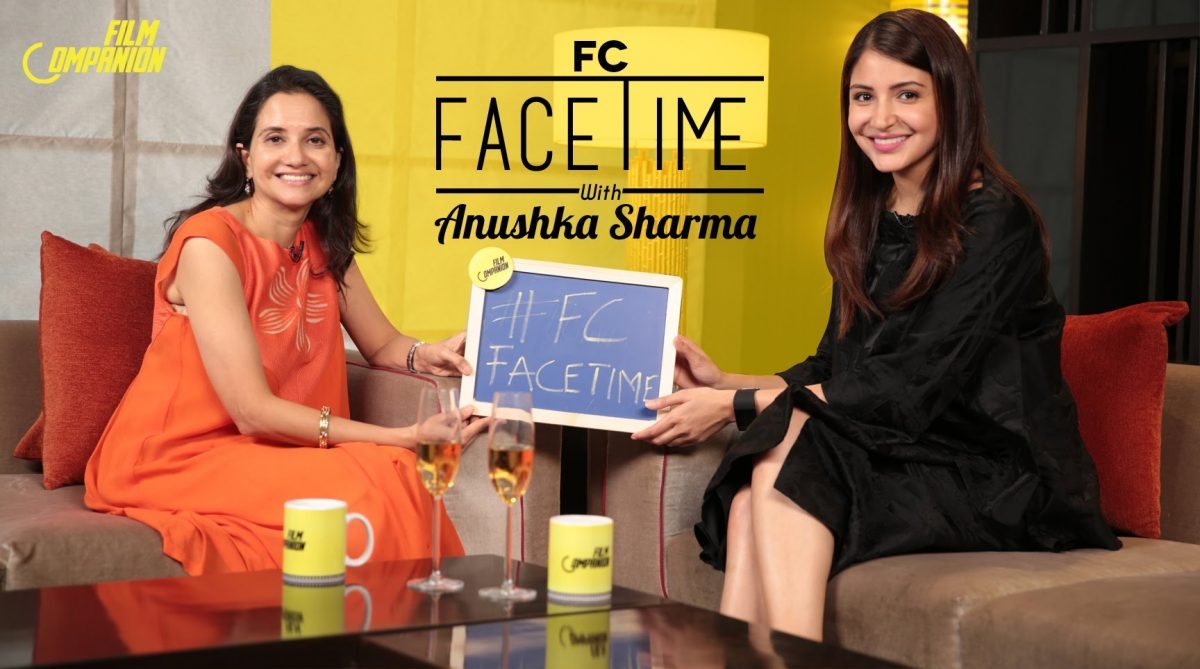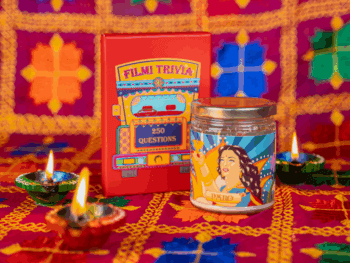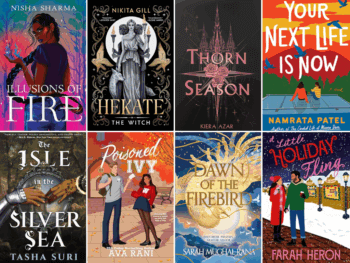After seven years in the film industry, Anushka Sharma has emerged as one of the most fearless actresses of her generation.
To commemorate this anniversary, she sat down with film critic Anupama Chopra to talk candidly about her views on the film industry and its treatment of actresses.

At a time when an actress like Jennifer Lawrence pens a scathing essay about unequal pay and directors like Ava Duvernay speaking about how hard it is for women of colour to get opportunities to write and direct their own material, it's simply refreshing to hear Anushka Sharma get downright frank about the inequalities actresses in Bollywood have to deal with.
Sharma has had a stellar year. Her production venture NH10 made great money at the box office for an independent film. Sharma starred in Bombay Velvet, receiving critical acclaim for her performance. Her free-ranging chat with Chopra touched on so many topical issues that Sharma has encountered — including the daily microaggressions that actresses experience in their treatment.

When Chopra reacted incredulously to this assertion, Sharma reminded her that this is a very real microaggression that actresses face. It's horrifying that something like a hotel room is a demarcation of worth on a film set, but it's a shocking fact that Sharma lets us in on.
Sharma also touched on the gaping pay disparity between actors and actresses. It's just a given that an actor will be paid more. She pointed out that it's not just the film industry where this inequality exists but every facet of working life for women.
"I don't know why it's done, but I think it's because it's in our society. Boys are more important. It's just there. Like for example, even if there's an actor at the same stature who would be able on his own be able to bring that much money for a film, would still get paid more than money because he's a guy. It's not like they're thinking…. It's just ingrained."
Even Hollywood has its problems. Sharma acknowledged that even though we look to Hollywood as the better industry, it still has a pay disparity and poorly written roles for women in studio films. She didn't blink as Chopra listed off facts that women were only 1.9 per cent of the top-100-grossing films in 2013 and 2014 and that studios released only three films by female directors last year.
In the face of these shocking statistics, Sharma drove home the facts that women aren't valued as integral to the films they appear in and that discussions of money aren't petty politics — they're a fundamental right. Jennifer Lawrence argued that she was over appearing likeable or bratty at the negotiation table, and the trouble facing women who attempt to negotiate their contracts is a basic problem that needs correcting, as Sharma pointed out.

This gender discrimination also extends to the treatment of actresses who speak out against their industry's patriarchal norms and are called bitchy or petty. Sharma disdained this label that paints women with this one brush: "If you’re asking for something that you think you deserve, you’re a bitch. 'She has an attitude problem. Isko kitna attitude hai!' We aren’t dumb. We haven’t come this far in life being floozies. All the actresses in the industry are smart. Obviously they’re not being unreasonable. But if they’re making a suggestion, they’re told they’re being 'difficult.'"
She praised actresses like Deepika Padukone and Kangana Ranaut for talking about their struggles in the industry. Sticking your neck out for issues you believe in and are denied doesn't make you an activist, she noted, and that kind of a label is always a derisive comment from people in the industry. "I think people don't like women with guts in this industry," she observed.
In taking a stand, Sharma lays bare the microaggressions women have to face every time they step on set — and these include the roles they choose, which aren't always written as fearlessly as her character in NH10 or Band Bajaa Baaraat. She has had to step in to produce her own ventures to create outstanding roles and content that live on and make a mark in the industry. This battle also extends to finding that her fellow heroes are unlikely to jump at the opportunity.
When Sharma and Chopra discussed the film Gravity, where George Clooney had a minor supporting role that made his character stay with them long after the film had ended, Chopra and Sharma agreed that no Bollywood hero would believably take a supporting role in such a big film, which is saddening.
"If I'm doing a movie in which my role is going to be a little longer than the [lead] guy, I know for a fact none of the guys aren't going to do it. They won't do it," she said.
These trends have as much to do with actors' supposed longevity as the oft-repeated question of what an actress's "shelf life" is, which is one of the most insulting questions that actresses are always asked. (We're looking at you, Rajeev Masand.) Sharma highlights that it has a lot to do with ageism. Heroes like SRK and Salman are free to romance women far younger than them.

Harkening back to Amy Schumer's witty sketch "Last Fuckable Day," we see that ageism is an open wound for many actresses in the industry. Once they hit a certain age, it's supporting and mother roles for them.
It's unbelievably inspiring to hear Sharma give her take on what a messed-up industry Bollywood is behind the scenes. It's upsetting to hear all these experiences that she's gone through, but she's undaunted by this adversity and is making sure she leaves an indelible impression with her productions and content. Let's all raise our glasses to celebrate such a fearless icon who's smashing the patriarchy one tweet at a time.

Check out Anushka's full interview here:
Main Image Photo Credit: www.youtube.com
Rumnique Nannar
Author
Rumnique Nannar is a new journalist with a passion for all things pop culture, film, and art. Rumnique was born in London, with a predilection for devouring English chocolate with her Vogue, ANOKHI, and Glamour magazines in tow. She is currently in her Journalism Masters at UBC. Connect ...


















































































































